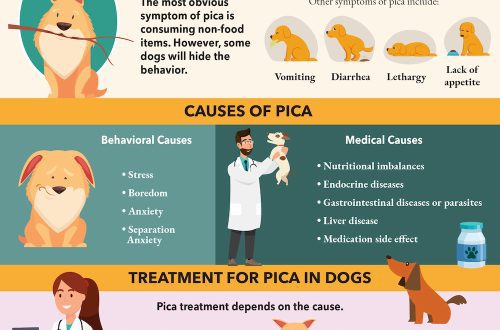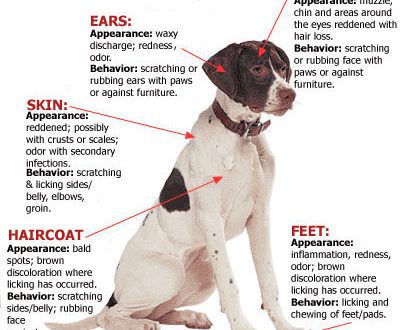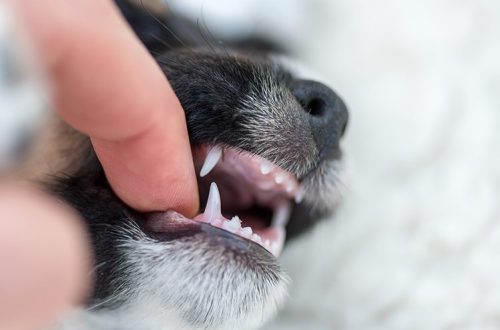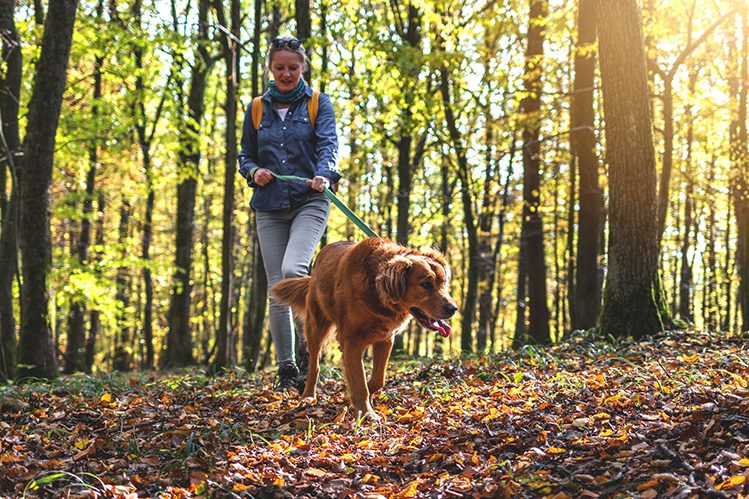
Constipation in a dog
Constipation is a delicate issue faced by dogs of all breeds and ages. How does it manifest itself? Why does it occur? We will talk about what to do if the dog has constipation, and how to prevent it, in our article.
Contents
What is a norm?
Normal stool is when a dog has a bowel movement 1-2 times a day. At the same time, the pet does not experience discomfort, and the stool is formed and without blood admixture.
Constipation symptoms
Your dog is constipated if he cannot go to the toilet for 2 days or more. And also if it is difficult for her to perform an act of defecation: the dog may experience pain, push for a long time, make several unsuccessful attempts, i.e. “sit down”.
Constipation may be preceded by a decrease in the volume of feces or a dense, hard consistency. If you notice these signs, urgently review the diet and carefully monitor the condition of the dog.
Constipation may be accompanied by other symptoms. It:
– deterioration or lack of appetite;
– flatulence,
– bloating,
– lethargy
– vomit.
If any of these symptoms appear, contact your veterinarian immediately. Do not wait, do not experiment with self-medication. Your dog may have swallowed a foreign object that is blocking the gastrointestinal tract and needs professional help right away. Delay is dangerous!

Why does constipation occur?
Constipation can bother a dog of any age and any breed. Every second dog suffered from constipation at least once in their life. If it occurs once and for a short time, you should not worry. But if constipation often bothers your pet, you should definitely consult with a veterinarian and find out the cause of the ailment.
Most often, constipation occurs for the following reasons:
- Power supply errors.
Any food that is not suitable for a dog can cause constipation.
If you change your pet’s diet, i.e. switch from one food to another or change the type of feeding, the body can also react with constipation. Often difficulties with a chair arise if the dog is given bones.
Another reason is insufficient fluid intake, especially if the dog is eating dry food. If there is less water in the body than needed, the stool can become hard or stop.
- Stress.
No one is immune from stress: neither we nor our dogs. The body reacts differently to stress, including constipation.
- Sedentary lifestyle.
- Foreign object.
A dog may swallow something accidentally or while playing, and this item will block the gastrointestinal tract. This is a very dangerous condition. In veterinary practice, it is not uncommon for dogs to iron Christmas tree rain, small parts of toys, synthetic winterizer and even stones. It is important to contact a veterinarian as soon as possible. He will develop a treatment strategy. It may be possible to get by with an enema, and perhaps the dog will need surgery.
If the dog has swallowed an object and part of this object has come out of the anus, do not try to remove it yourself. Contact your veterinarian!
- certain states of the body.
Constipation can be accompanied by conditions such as pregnancy, the period of antibiotic treatment and the rehabilitation period, the course of various diseases, hormonal surges.
- Elderly age.
In older dogs, metabolism slows down and the digestive system becomes more sensitive. At a venerable age, it is customary to transfer dogs to special diets for the elderly. If you haven’t done this, or if the food isn’t right for your dog, he may become constipated frequently. This is dangerous for the general condition of the pet, because his body is already adapting to age-related changes.
What to do if your dog is constipated?
The main thing is to promptly contact a veterinarian and not experiment with self-medication.
Don’t trust internet tips that tell you to give your dog a homemade enema or oil. To cure constipation, you need to know its exact cause and understand the condition of the dog and the risks in general. It is scary to imagine what self-treatment can lead to if the dog’s gastrointestinal tract is clogged with a foreign object and the dog needs urgent medical intervention.
Any action at random at best will not bring any effect. And with a greater probability they will only worsen the condition of the pet, which is already not easy.
The correct tactic for a thinking, responsible owner is to immediately contact a veterinarian if symptoms are alarming.
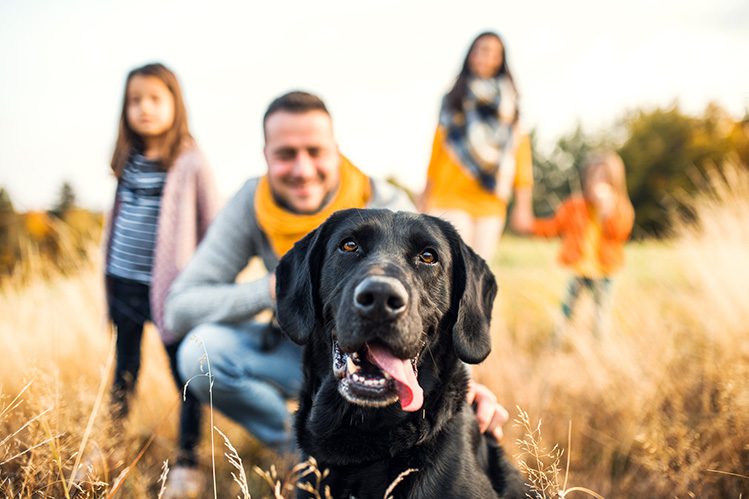
Prevention of seizure
The best prevention of constipation is proper nutrition, adequate fluid intake and an active lifestyle.
If your dog is suffering from constipation, the first thing to do is review his diet. For dogs with sensitive digestion, it is better to select special, easily digestible food. Treats should also be correct.
Discuss with your veterinarian functional diets with pre- and probiotics or taking prebiotics separately: they normalize the intestinal microflora and improve digestion.
Make sure your dog is drinking enough water. If she does not like to drink, it is better to switch her from dry food to wet food or combine wet and dry food in the same diet. If you prepare food for the dog yourself, do not give her bones: this is fraught not only with constipation, but also with injuries to the oral cavity.
And do not forget that the veterinarian is your assistant in everything related to the well-being of your dog. Feel free to ask him questions.
We wish your ponytails healthy digestion!



